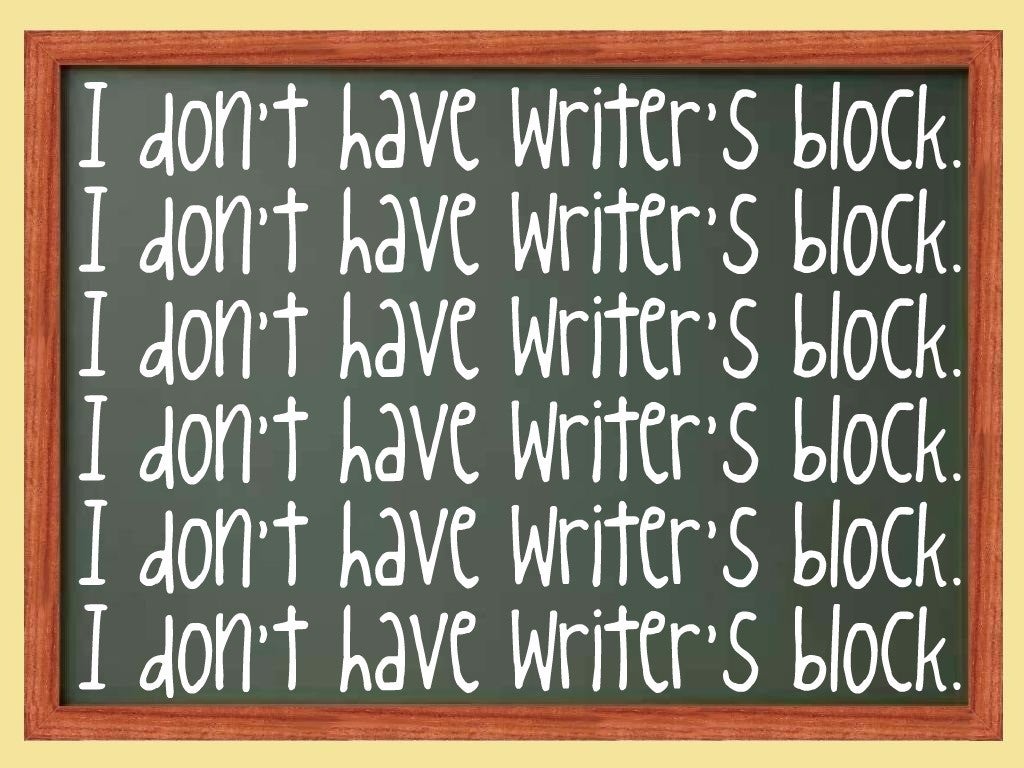
Using a Pen to Get Past Writer’s Block
As I sit staring at my laptop, little black characters march neatly across the screen.
Something about the polished look of the words suggests that my ideas should be coming out as perfectly as the Calibri font itself, but a half-finished paragraph sits there and I can’t carry on. The writing won’t go anywhere else.
So I pick up a different point and start a new paragraph: flimsy topic sentence, clumsy expansion, and a few facts tossed in for good measure. It’s got no flow, no power. It’s inadequate. No matter what I type, it just doesn’t work. I’m stuck.
I know the ideas are solid and my research is thorough. Could my writing medium be the problem?
We all learned to write with a pencil and paper, and at some point very early on – grade three, maybe? – we were exposed to Word or Google docs to publish our work. At first it really was only a publisher, with a handwritten rough copy keyed in slowly and laboriously. Soon enough, we began to compose at the keyboard, fingers finding the correct keys more and more quickly. As the speed increased and the pencil disappeared, the writing process changed dramatically, and plenty of evidence suggests this shift in process isn’t necessarily one for the better. Composing with a pen and paper often produces better results, from idea generation to organizing an outline to putting together solid paragraphs.
Here are some benefits of pen and paper writing:
- It’s slower. At first this may seem like a disadvantage, but when you’re generating ideas, time to think can be helpful. And even though the speed of writing is slower with a pen and paper, some studies show you can actually produce ideas faster.
- Taking notes by hand in class isn’t as fast as transcribing at a keyboard, and a student must make decisions about what’s important enough to write down and what’s not. This kind of preliminary filtering is a first step in processing and learning the material, and long-term retention has been shown to be higher when people take notes with a pen instead of on a laptop.
- There are far fewer distractions. At the keyboard, your email and social networking notifications beckon. Even if you’re visiting websites to look for information to help with your paper, you’re still being drawn away from task of writing. True, with a pen in hand doodling in the margins is always a temptation, but not on the same scale as the mighty Web.
- Writing by hand increases neural activity in ways that a keyboard does not. Patricia Ann Wade, a learning specialist from Indiana University who has studied the effects of writing by hand, asserts that "Writing entails using the hand and fingers to form letters ... the sequential finger movements activate multiple regions of the brain associated with processing and remembering information” (Wade). For a more detailed description of the benefits of handwriting, see Wade’s article in the MSA newsletter.
Writing everything by hand is no longer feasible, and I can’t imagine giving up my laptop. But if you get stuck, pulling out pen and paper may just get you over the hump.
Your cat probably won’t sit on your pen while you’re trying to work, either.

Works Cited:
How Writing By Hand Makes Kids Smarter. The Week. Web. 21 September, 2015.
Pearson, Catherine. The Benefits of Writing with Good Old Fashioned Pen and Paper. The Third Metric. Web. 21 September, 2015.
Wade, Patricia Ann. Medical Student Education. Indiana University. Web. 22 September, 2015.